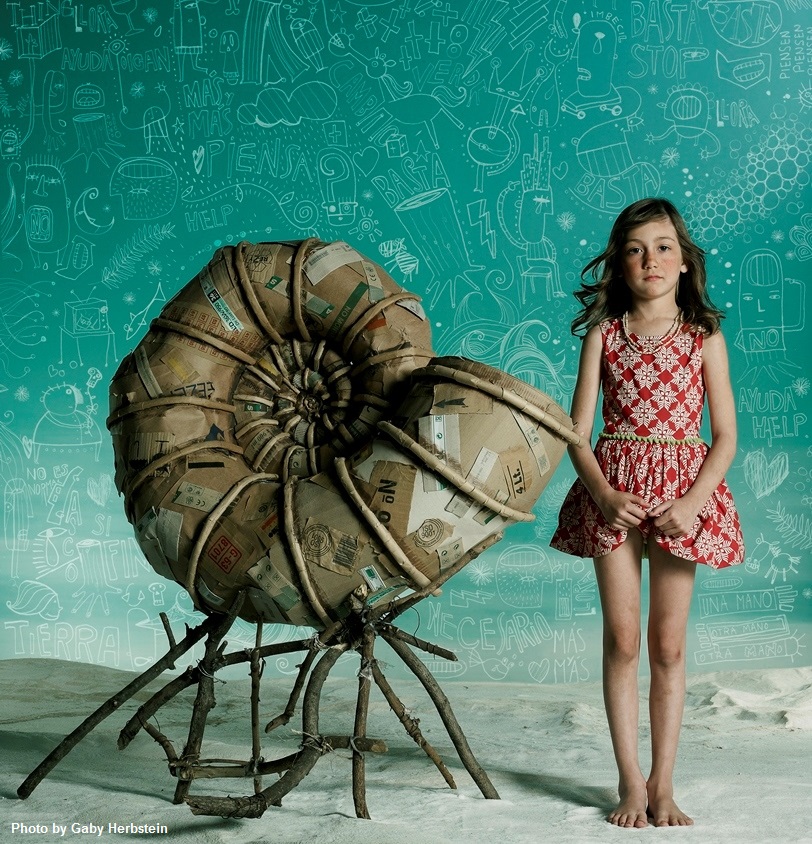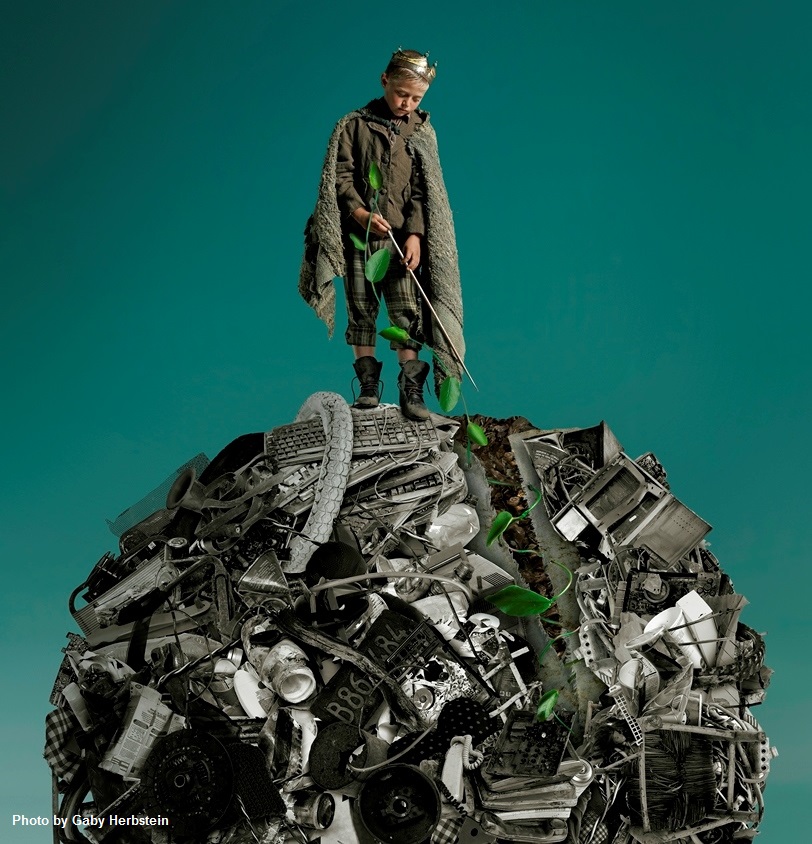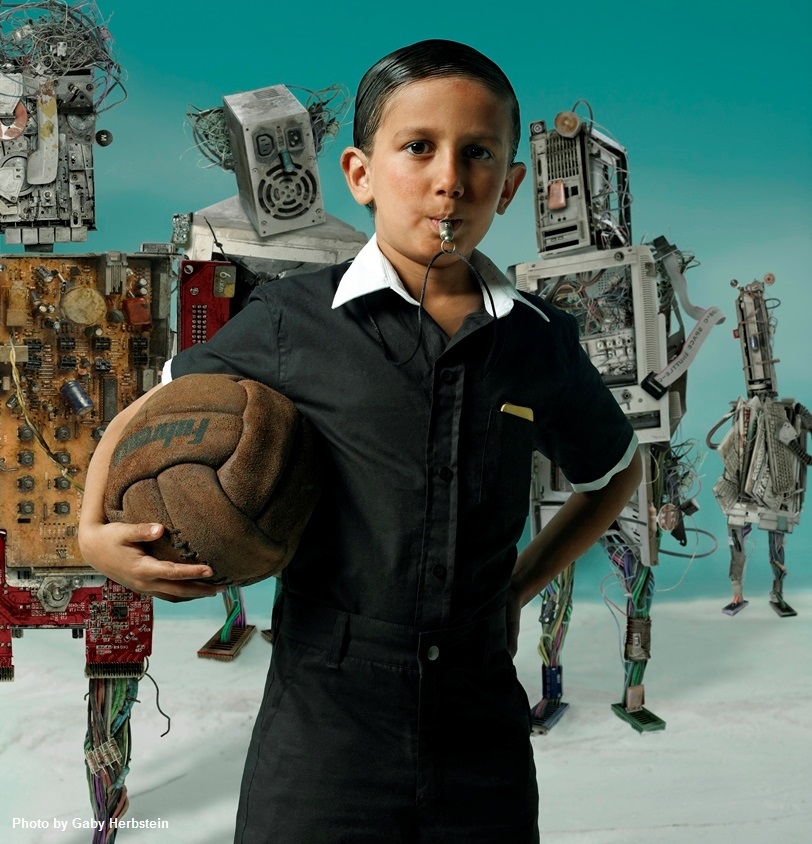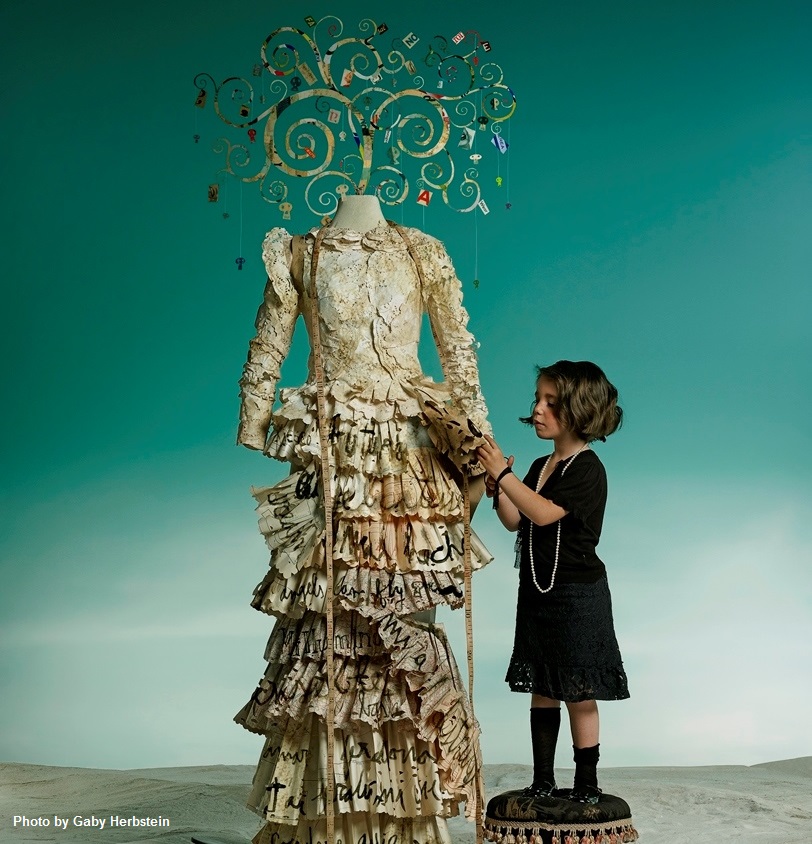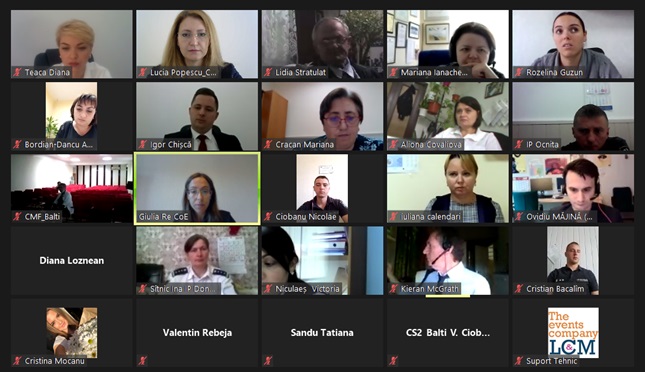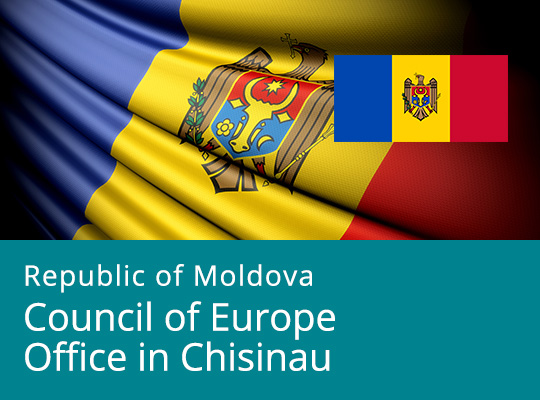In the period of 1 – 3 September 2021 the Council of Europe project Combating violence against children in the Republic of Moldova orgnised three online seminars on the Draft Guideline for the practical application of the intersectoral cooperation mechanism for the identification, assessment, referral, assistance and monitoring of child victims and potential victims of violence, neglect, exploitation and trafficking approved by Government Decision no. 270/2014.
The online seminars were attended by different groups of professionals working for and with children, in particular teachers, social assistants, doctors/medical assistants and police officers from all regions of the country.
The seminars are aimed at improving the skills of professionals to apply effectively and efficiently the Instructions on the intersectoral cooperation mechanism for identifying, assessing, referring, assisting and monitoring of child victims and potential victims of violence, neglect, exploitation and trafficking, as well as at receiving additional feedback on the Draft Guideline.
In her welcoming remarks Giulia Re, the Deputy Head of the Council of Europe Office in Chisinau underlined ”The child well-being and his/her harmonious development should be a priority for the entire society. We all have a moral obligation to prevent and stop any kind of violence against children, but professionals who work for and with children are legally obliged to intervene in such cases.”
Igor Chisca, Head of the Policies for the Protection of the Rights of the Child and Families with Children Department of the Ministry of Health, Labor and Social Protection noted “The guide is an important and long-awaited document, which comes to explain the instructions provided by Government Decision 270/2014. We thank the Council of Europe for its efforts to strengthen the national system for the protection of the rights of the child against all forms of violence.”
The Draft Guideline has been prepared by the Council of Europe at the official request of the Ministry of Health, Labour and Social Protection and following the consultation with all relevant authorities and partners.
The activity falls within one of the Project’s intermediate outcome 4 “Improved skills and know-how of professionals to respond to violence against children and promote child-friendly practices.”




